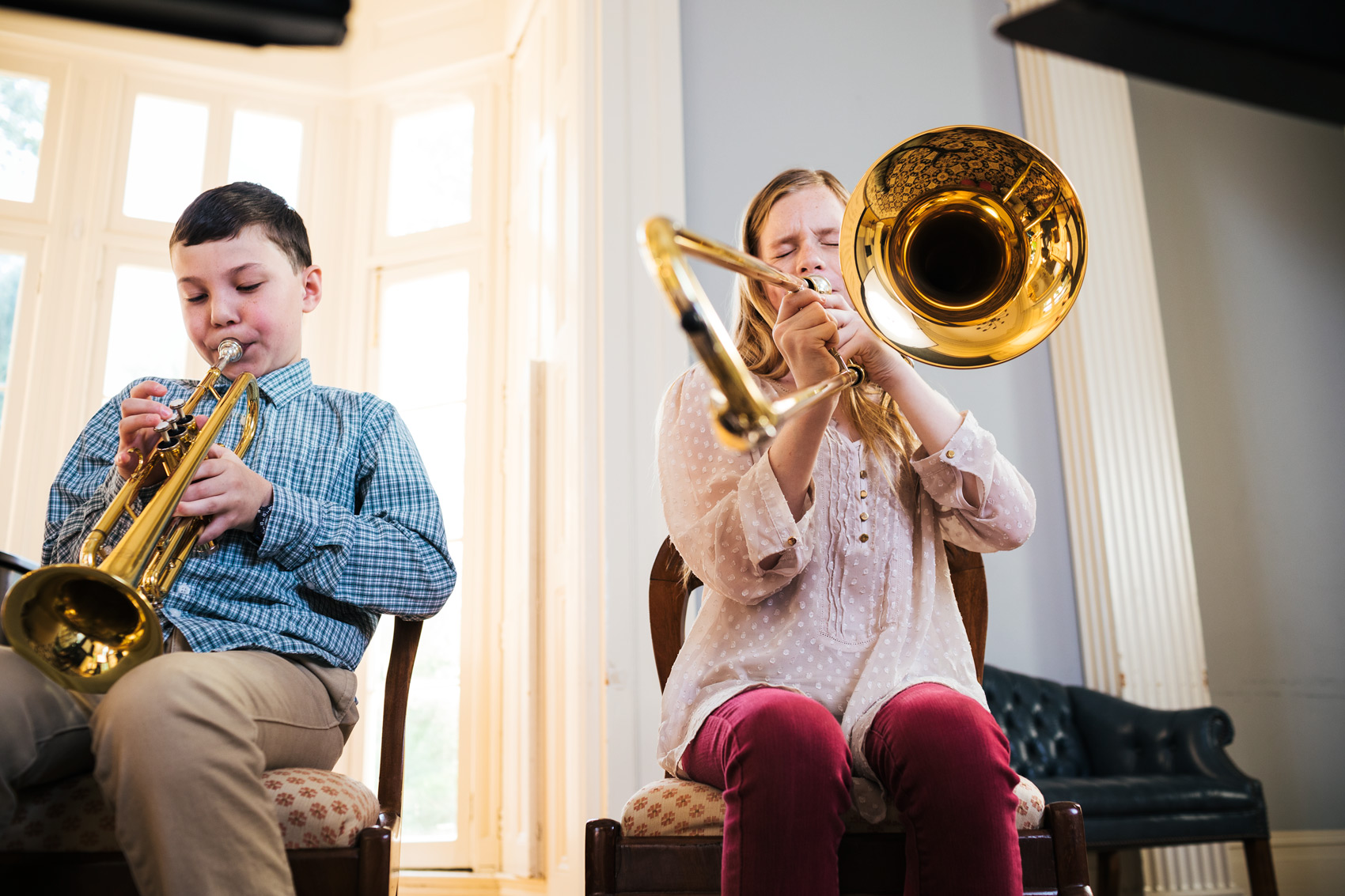

The souls crowd around this uncanny child. If the spirits can persuade this boy to undertake his rightful departure to the Other Side, they might be saved as well. “We were perhaps not so unlovable as we had come to believe,” he says. Roger Bevins III draws a similarly optimistic conclusion. It gave us hope,” Reverend Thomas says, “as if one were still worthy of affection and respect” even in this debased state. a sculpture on the theme of loss,” and his demonstration of love calls up all sorts of weird feelings in the lingering souls.

Making his way to his son’s crypt in the darkness, the president is an “exceedingly tall and unkempt fellow” who “might have been. But a visit by his grieving father agitates the boy, as well as his graveyard neighbors. For one thing, “young ones are not meant to tarry” - unburdened by a lifetime’s accumulation of failures and regret, they usually pass over quickly. The novel spans the night of his burial, as his presence upends the order of the cemetery. The “sort of child people imagine their children will be, before they have children,” he has caught his death of cold.

Three guides, and one guest of honor: Willie Lincoln, the 11-year-old son of the president. Like the ghosts we know from stories, they are tied to their former existences, trapped by an idea of themselves, and can’t leave until they are ready perhaps you recognize their dilemma from your own life, when you have been stuck between one obsolete version of yourself and the new version waiting just ahead.
#Young souls washington ds full#
The bardo of the title is the transitional state in Buddhism, where the consciousness resides between death and the next life for non-Buddhists, it is a recognizable limbo, full of milling entities who for one reason or another will not take the next step of the journey. “Lincoln in the Bardo” chooses a similar moment as its arena, unfolding in a Washington, D.C., cemetery in 1862, where a cohort of lost souls alternately apprehend, deny and resist the fact of their deaths. “Escape From Spiderhead,” one of the gems in “Tenth of December,” closed with a young man reckoning with his demise and saying goodbye to the world. How gratifying and unexpected that he has repeated the feat with “Lincoln in the Bardo,” his first novel and a luminous feat of generosity and humanism. George Saunders pulled that trick off with “Tenth of December,” his 2013 book of short stories. To observe him or her consolidate strengths, share with us new reserves of talent and provide the inspiration that can only come from a true artist charting hidden creative territory. It’s a very pleasing thing to watch a writer you have enjoyed for years reach an even higher level of achievement. LINCOLN IN THE BARDO By George Saunders 343 pp.


 0 kommentar(er)
0 kommentar(er)
